The national mental health law—a reportedly much-heralded law in 2013—was supposed to put an end to a barbaric practice in China: the locking up of critics, petitioners, and the unwanted by police in psychiatric facilities better described as prisons from hell.
“Ankang,” meaning “peace and good health” in Chinese, has been used to describe a system in which police can forcibly have people committed to institutions, most often without performing even an initial psychiatric evaluation. It started in the 1980s as special police-run custodial psychiatric facilities outside of the normal mental health system. Once inside a facility, it’s nearly impossible to leave. It persists to this day, even if the name has changed.
Once committed to a facility, it’s nearly impossible for people to leave. Some victims languish inside for years without ever having any mental health issues—but were taken there because the authorities found it a convenient way to make a problematic person go away. Inside, the victims go without even the most basic protections, unlike at detention facilities or prisons.
The new report, mapping 109 institutions that have been used this way across 21 provinces in China, found that two-thirds of those locked up by police never received an initial psychiatric evaluation. Most victims identified were either dissidents or petitioners—long-standing thorns in the side of local governments.
Petitioners, often those from local townships or the countryside, take their grievances to Beijing or to provincial capitals to fight their perceived injustice, often related to local governments stealing their land for a quick profit. They cause an embarrassment for the authorities. The same local governments employ a legion of agents to watch train stations, maintain offices in Beijing, and even run so-called black jails in Beijing and elsewhere, where petitioners are detained prior to being forcibly taken back to their hometowns. For those who refuse to give up, these Ankang facilities are the last resort. Unlike being arrested and imprisoned, being locked up in a psychiatric facility leaves little paper trail, and the victim has no rights.
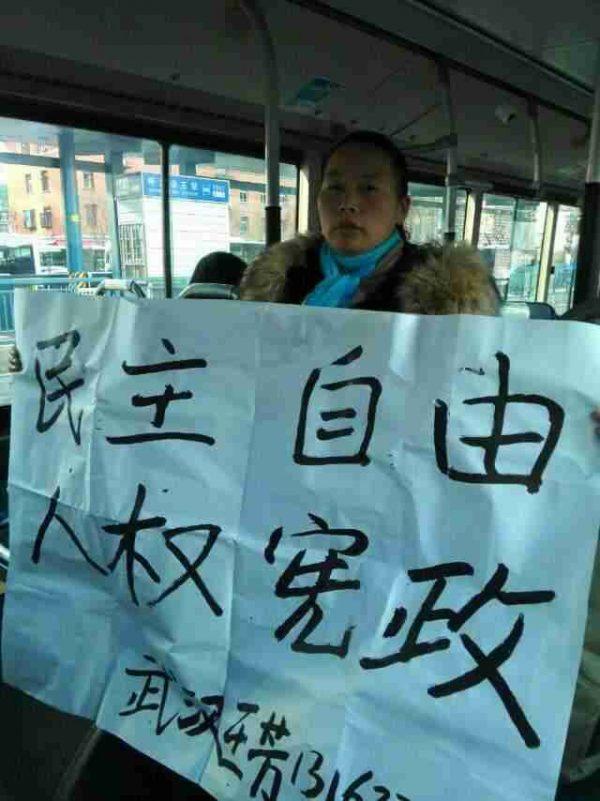
Once locked up in an Ankang facility, there is little to no chance for the victim to get out, no matter how healthy he or she may be. Doctors inside the facilities are forced to cooperate, or they do so willingly; the result is nonetheless the same.
The report, to my surprise, shows just how severe violations inside the facility could be—ranging from forced medication to beatings, being strapped to beds for prolonged periods, electroshock therapy, and most victims being denied visits or contact with family and friends. For many, this goes on not for weeks or months, but for years, and it isn’t unheard of for people to spend more than a decade inside such facilities.
In rarer instances, but accounting for nearly 10 percent of cases identified, family members actually cooperated with police to have the victims committed against their will, despite them posing no danger to themselves or others.

Dong Yaoqiong captured the world’s attention after splashing ink on a propaganda poster of Chinese leader Xi Jinping. Deng Fuquan was a former soldier who petitioned against denied compensation for treatment of injuries incurred while serving in the People’s Liberation Army. Song Zaimin issued public support for Chinese Communist Party (CCP) critic Guo Wengui. Li Tiantian, a young girl, publicly supported a professor who was punished for calling on his students to question official historical narratives set down by the CCP.
Each of them ended up in Ankang.
Despite the mental health law, which supposedly makes it clear that no one can be committed without a proper initial psychiatric evaluation, police can seemingly place people into psychiatric incarceration without ever having to bother with such, and victims, kept incommunicado once inside, have no way to appeal or fight such violation of the law. And one can assume, after the abuses, that the victims might even lose their will to fight even if they could.
Your only way out is to get the authorities to let you out. Yet why would they, unless you give them everything they ask for, and possibly more?
Ankang is a relic of a dark past and should have no place in China or elsewhere today. It’s better referred to as “hell” rather than “peace and good health.”
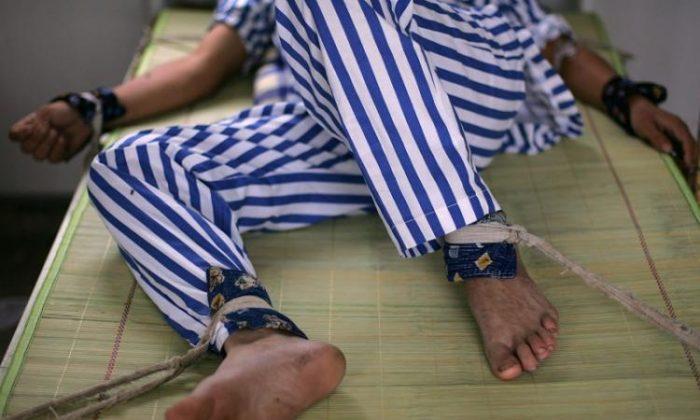

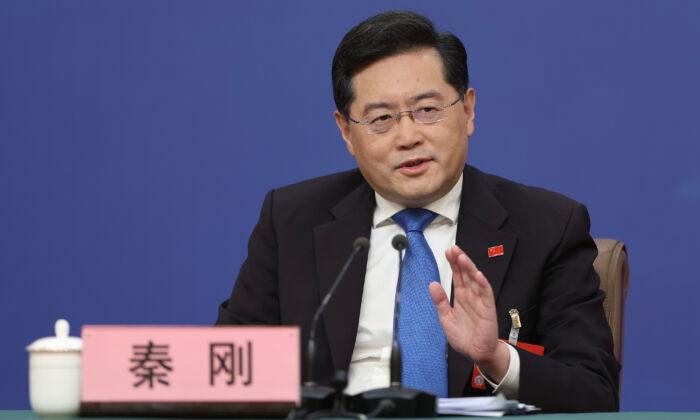
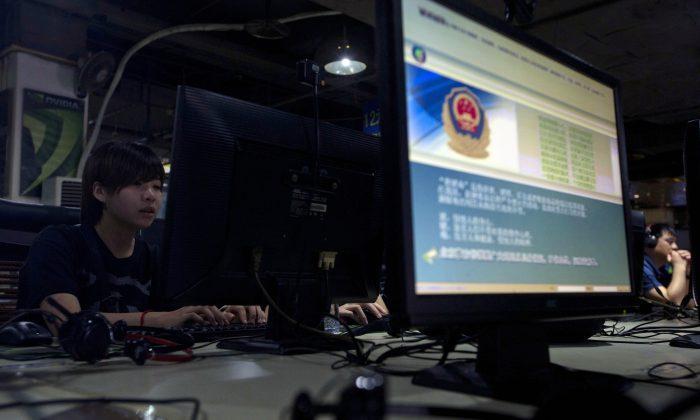
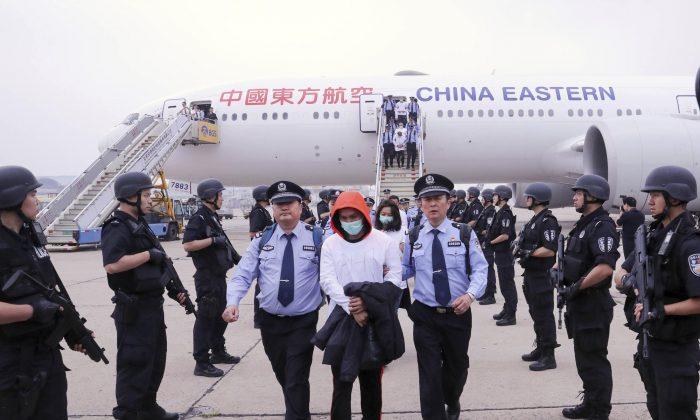
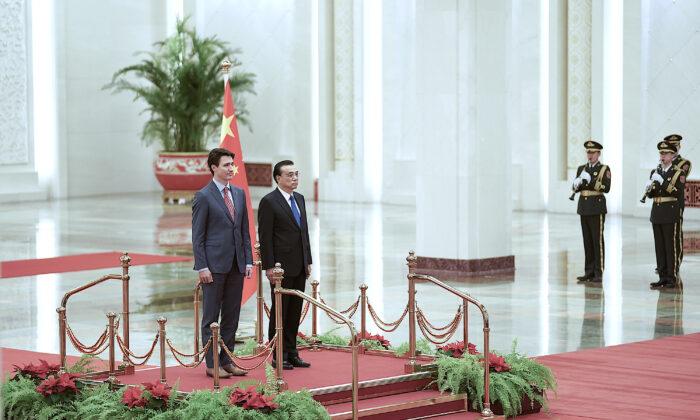
Friends Read Free